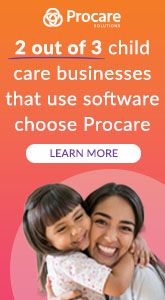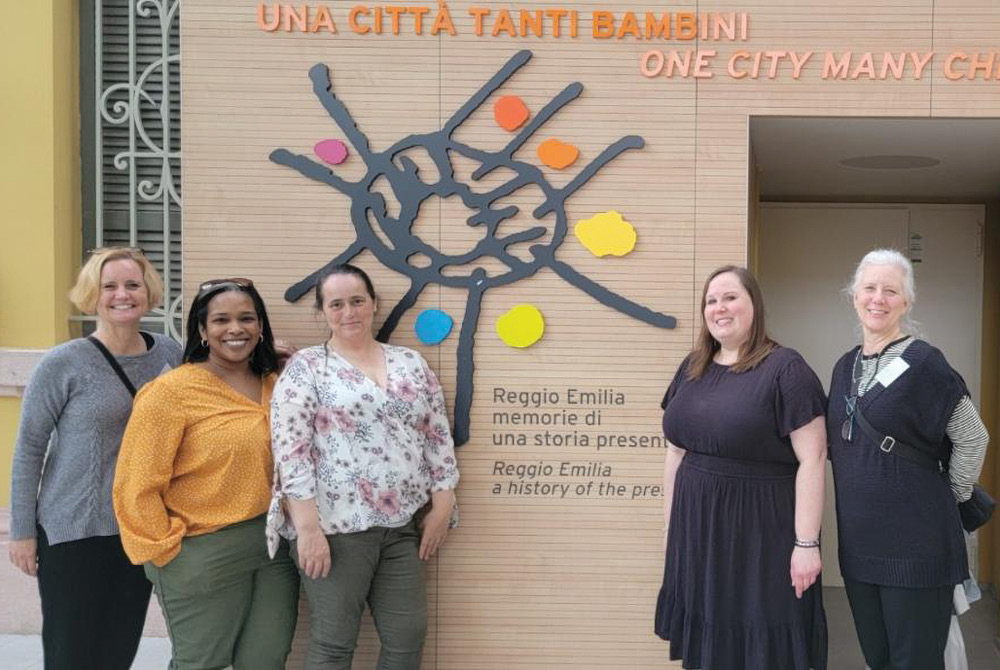Loris Malaguzzi, in his book “The Hundred Languages of Children,” describes the infinite ways that children can express, explore, and connect their thoughts, feelings, and imaginations. He writes that languages are symbolic and open children’s endless potential.
In the field of early care and education, we have our own “hundred languages” to describe the field: educator, care provider, child care worker, child-minder, play supervisor, babysitter; the list is lengthy. And just as Malaguzzi says children’s language is symbolic, the many “languages” used to describe ECE are symbolic.
The language used to describe early childhood educators and the field itself is symbolic of the fact that early care and education are not seen as a part of the education continuum. The language is symbolic of the fact that this field is—and has been—primarily composed of women and women of color. Language used to describe our field is symbolic of the fact that early education and the availability and access to quality programs is a privilege for those with financial means, and a struggle for those families without the economic means to pay for quality early childhood experiences. The language is symbolic of the fact that many of those individuals working in the field do not view themselves as professionals and, therefore, policy makers continue to subsidize the cost of early learning on their backs, through low wages with little or no benefits.
ADVERTISEMENT
Why does this matter? It matters because language defines our beliefs and our values. It matters because by using denigrating or insulting terms to describe ECE, it is evident that society, including educators in primary and higher grades, do not view and value the development between birth and five years as significant, nor do they value the educators doing the work, e.g.; “Anybody can watch children play.”
Language conveys a message. And if the message continues to be that anyone who works with young children is “less than,” then this is the message that will be perpetuated. And it will continue to affect the profession in various ways, including salaries, funding, and support. We, the early care and education community, must change the narrative and message. The change begins with us. We must say it and we must own it.
We are early childhood educators. We care for children while teaching them life skills and laying the foundation for academic success and lifelong learning. We are specialists. We not only take care of children but we also educate them. We meet children where they are and support their development at an appropriate pace and level. We connect with them by forming trusting relationships and giving them opportunities to have experiences through intentional planning based on cutting edge research and best practices. We partner with their families and support them as they navigate difficult topics that are tied to child psychology and development—expressing and controlling feelings, discipline, conflict resolution, sharing, interacting with others in positive ways, addressing developmental delays, identifying resources to address issues and many other topics connected to parenting. We are guides who show them the way at the beginning of their educational and human journey to allow the opportunity for a healthy, successful, and happy life. And we deserve to be respected.
Related
ADVERTISEMENT













